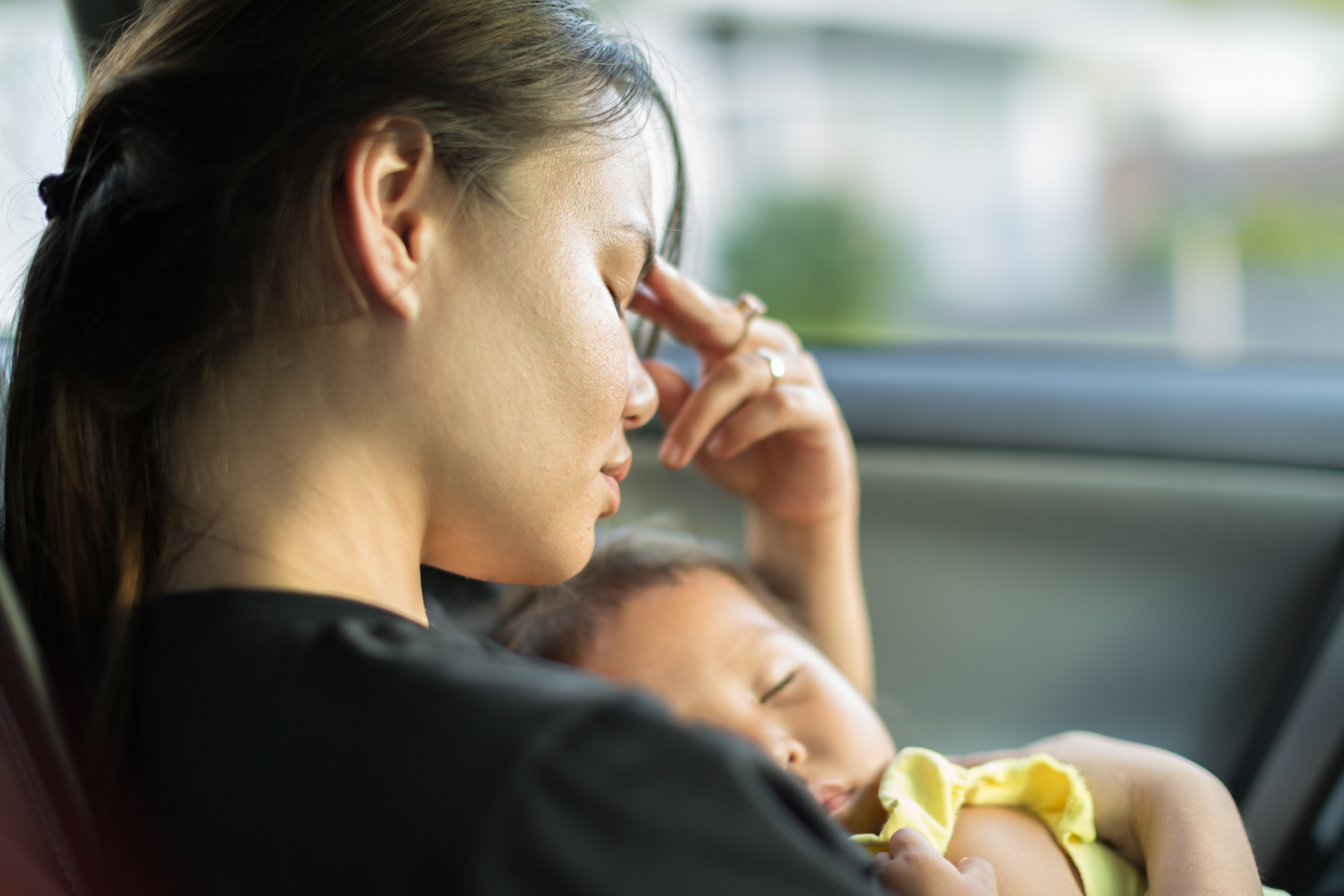Health Capsule
Postpartum Depression May Last for Years

Many women develop depression after giving birth. This is called postpartum depression. A new study found that a large number of women had high levels of depressive symptoms at some point in the three years after giving birth.
Researchers asked more than 4,500 women about their symptoms of depression four months and one, two, and three years after birth. These symptoms included anxiety, sadness, difficulty sleeping, and self-blame.
The women fell into four groups. Most had few to no symptoms over the three years. A second group had few to no symptoms four months after giving birth, but these grew worse over time. This was seen in 8% of participants.
Another 13% had moderate symptoms that decreased over time. About 5% of women experienced high levels of depressive symptoms that stayed high for three years.
Women who had a previously diagnosed mood disorder were the most likely to have long-lasting, more severe symptoms. Women who developed diabetes during pregnancy were also at greater risk.
Currently, doctors screen mothers for postpartum depression up to six months after birth. Screening for a longer time may help doctors identify more women who are struggling with the condition.
“Our study indicates that six months may not be long enough to gauge depressive symptoms,” says NIH scientist Dr. Diane Putnick, who led the study. “These long-term data are key to improving our understanding of mom’s mental health.”
NIH Office of Communications and Public Liaison
Health and Science Publications Branch
Building 31, Room 5B52
Bethesda, MD 20892-2094
Contact Us:
nihnewsinhealth@od.nih.gov
Phone: 301-451-8224
Share Our Materials: Reprint our articles and illustrations in your own publication. Our material is not copyrighted. Please acknowledge NIH News in Health as the source and send us a copy.
For more consumer health news and information, visit health.nih.gov.
For wellness toolkits, visit www.nih.gov/wellnesstoolkits.




